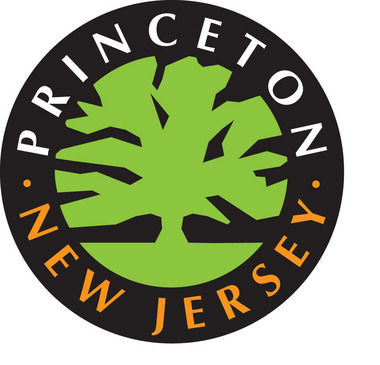By Philip Sean Curran, Staff Writer
The head of an area environmental group last week urged Princeton to take “dramatic” action to combat flooding and water pollution, in a move that would add a cost to residents and builders when they do projects that disturb and cover the ground., Jim Waltman, executive director of the Stony Brook-Millstone Watershed Association, on Jan.9 went before the Princeton Council to urge new regulations based on a changing climate that he said is bringing more precipitation., Mr. Waltman pointed to research by the state climatologist showing average annual precipitation in New Jersey has grown in past decades, by 5.5 inches a year, in rain and snow fall. That’s coupled with an increase in what Mr. Waltman called a rise in “extreme rainfall events,” like Hurricane Irene in 2011, hitting the state. As development continues, that means more “impervious surfaces,” like parking lots, that leaves less natural soil to absorb the water., “As they say, this is not rocket science,” Mr. Waltman said. “We have more precipitation, we have more blacktop, concrete, rooftops, we’re going to get more flooding unless we take dramatic, bold action.”, In 2004, New Jersey adopted stormwater rules that said municipalities have to address runoff from a “major development” that disturbs an acre or more of land and or adds 1/4 acre or more of “impervious coverage,” like a parking lot or sidewalk, that does not absorb water. Towns, however, are permitted to create regulations that go further than the state minimum requirements, he said., He argued that the council should reduce the threshold for what is considered a “major development” to half an acre and 5,000 square feet of impervious coverage, including any redevelopment., Also, he urged the council to create a a new category, “minor development” for anything that adds 250 square feet or more of impervious coverage, such as a backyard patio. In that case, residents or builders would have to capture 500 gallons of stormwater for every 250 feet of coverage, which would require them to install a rain garden or an above or below ground system to hold water., He said stormwater runoff pollutes waterways, putting “the stuff that runs off our lawns, our driveways, our parking lots” that “adds up to water pollution.” That “stuff,” in his words, can run the gamut from fertilizer and auto fluids to other debris., “I think Princeton has a very real problem on its hands — you’ve got a flooding issue as do most towns that were mostly developed before we knew about stormwater as a problem,” he said. “And so that problem requires bold action if you’re going to try to address that, not to mention the climatological changes that are making the problem worse over time.”, As for town officials’ reaction, Councilman Lance Liverman on Tuesday expressed concern about the “major increase” in precipitation and said if the situation continued, “it’s going to be like Noah’s ark.”, Councilwoman Jo S. Butler said Tuesday that she is “inclined to be supportive” of the policy proposals by Mr. Waltman, although she said she wanted to hear the recommendations of town staff.

